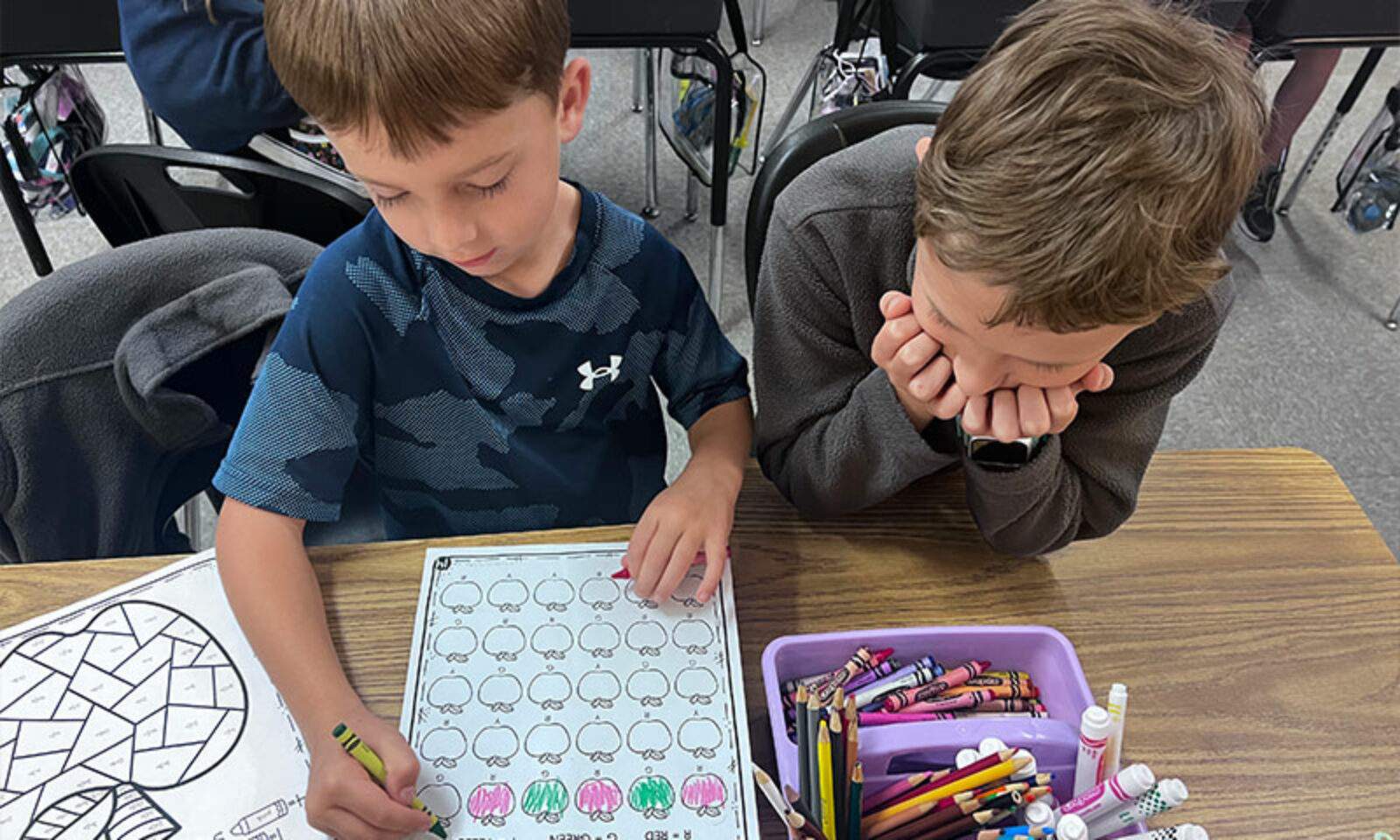The Power of Play: Why Unstructured Playtime Is Essential for School-Aged Children
In a world full of schedules, screens, and structured activities, it can be easy to overlook one of the most powerful tools in a child’s development: unstructured playtime. While academic learning, sports, and enrichment programs all have their place, giving children time to explore, imagine, and create freely is just as important.
In fact, research consistently shows that the benefits of unstructured play for kids include improved emotional intelligence, stronger problem-solving skills, greater creativity, and even enhanced academic performance. Let’s take a closer look at why unstructured play deserves a place in every child’s day.
1. Unstructured Playtime Boosts Creativity and Imagination
When kids are left to play freely—whether building with blocks, playing pretend, or inventing their own games—they stretch their creative thinking. Unlike guided activities, unstructured play doesn’t come with rules or instructions, allowing children to use their imagination and come up with unique ideas.
This kind of thinking nurtures the innovative and flexible mindset that children will use throughout school and in life.
2. Unstructured Playtime Strengthens Social Skills
Free play often involves peers, and that means children are constantly learning how to:
- Share and take turns
- Resolve conflicts
- Read body language and emotions
- Collaborate toward shared goals
Whether playing house, setting up a pretend store, or organizing a game of tag, children naturally develop communication and cooperation skills during play.
3. Encourages Problem-Solving and Independence
Unstructured play puts children in charge of their decisions. They decide what to do, how to do it, and what to do when things don’t go as planned. These moments are essential for developing:
- Decision-making skills
- Resourcefulness
- Resilience
Learning how to navigate challenges during play helps children become independent and confident thinkers.
4. Supports Emotional Well-Being
Play is a natural stress reliever. Through active movement, laughter, and imagination, children process their emotions and learn to manage frustration, disappointment, and excitement in a healthy way.
Especially during busy school weeks or times of change, unstructured play offers an important emotional outlet that helps kids reset and recharge.
5. Unstructured Playtime Promotes Physical Health
Whether it’s climbing, running, or digging in the dirt, physical play contributes to a child’s strength, coordination, and overall fitness. Even quiet activities like building forts or jumping on leaves outdoors give kids a chance to move and use their bodies.
Unstructured time outdoors also supports healthy sleep patterns and reduces time spent in front of screens.
Finding Time for Free Play
You don’t need an open schedule or a backyard playground to make time for unstructured play. Here are a few tips:
- Limit screen time to open up time for imaginative play
- Keep toys simple—blocks, art supplies, dress-up clothes, and nature all spark creativity
- Avoid over-scheduling—leave room in the day for free play, especially after school
- Encourage outdoor time whenever possible, even if it’s just 20 minutes a day
A Balanced Childhood Includes Play
While academics, sports, and structured enrichment are essential, unstructured play fills a crucial gap in children’s development. It teaches life skills, supports emotional well-being, and gives kids the freedom to just be kids.
By making time for play, you’re not just giving your child a break—you’re giving them a foundation for future success.


